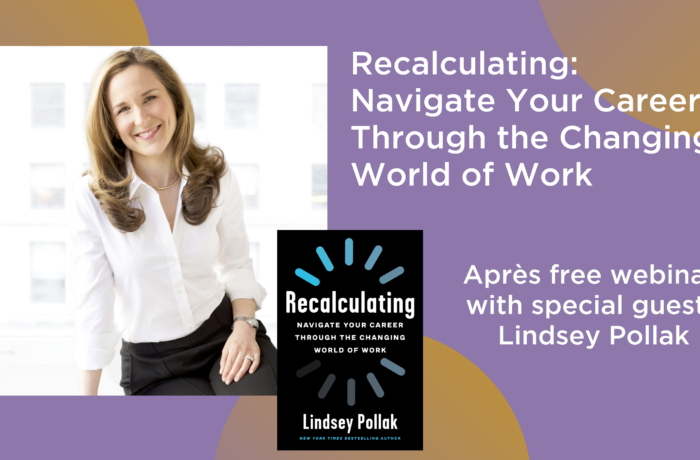There’s nothing quite so nerve-wracking as leaving your new, precious baby with a near stranger. No matter how well you vetted the person or center, and how much your head tells you you’re making a logical decision, your heart might be in a different place.
I remember well that first day I brought my little guy to daycare (a place we would all come to love as his second home), wondering what on earth I was doing. I left him only for a few hours that first day, during which time I cried, went home, pumped, tried to cheer myself up, and then came back for him.
He was fine, of course, and after a few weeks, we were all in a good groove.
To help you with your own transition, here are 6 helpful tips:
1. Know that the transition period will probably take longer than you think.
If you think everyone will be feeling like they have the hang of things within a week, think again. Yes, each day gets easier and easier, but to be realistic, expect a transition period of a month or two. Everything will be new for both of you, and whatever “schedule” (loosely defined!) you had previously gotten used to in the sleep department is likely to change. Your baby might get up more at night to cuddle, and it may take a few weeks for naps to get sorted out. But they will. Remember how quickly everything changes with these little guys, and know the only constant is change.
2. Use a transition week schedule to ease you both into the experience.
Whether you’re hiring a nanny or au pair, or you are using an in-home daycare or daycare center, ask for an official “transition week,” during which time the amount of time your baby spends away from you increases gradually as the week goes on. My daycare had the following set schedule they used for all new arrivals that looked something like this: Monday, 9-11am, Tuesday, 9am-12:30pm, Wednesday, 9am-1pm, Thursday, 9am-3:30pm, and Friday, 9am-5pm. And if you’re able to do the transition week before you start back to work, all the better. It’s good to have some time to do some necessities like getting a haircut and shop for some non-maternity clothes, and just to have a little bit of time to yourself or to see friends.
3. Baby firsts don’t happen until YOU see them.
A lot of the moms I work with through Mindful Return are really worried about missing out on their baby’s firsts – the first time they roll over, or sit up, etc. But a baby can do all of these things for the first time while your back is turned, or alone in a crib at night! So I encourage all new moms to adopt the mantra: “my baby’s firsts don’t happen until I see them.” I remember the sheer glee I felt upon seeing my son clap for the first time. And this glee wasn’t diminished in the least when I learned from daycare that he had been clapping there. Childcare providers will also often agree not to talk about firsts if you don’t want to hear about them.
4. Don’t linger at drop-off or departure time.
I hated this instruction from my daycare when I first started there, but I’ve come to understand its value. It’s better not to set up an expectation of an extended goodbye even from the beginning. Give one last big hug and kiss, and then go.
5. Remind yourself that childcare is completely normal and has been critical to child rearing for pretty much all of human history.
In her book Overwhelmed, Brigid Schulte introduces us to the term “alloparents,” in the context of a conversation she had with Sarah Blaffer Hrdy, an evolutionary anthropologist. Here’s what Hrdy had to say about Kung women in the Kalahari Desert in Africa, 2,000 years ago: “The whole idea that mothers stayed at camp and the men went off to hunt? No way! These women were walking thousands of miles every year with their children. Or if it was not safe, they were leaving them back at camp…The children were with their fathers, older siblings, grandparents, relatives, and other trusted, nurturing adults – people Hrdy calls ‘alloparents.’ It’s natural for mothers to work. It’s natural for mothers to take care of their children. What’s unnatural is for mothers to be the sole caretaker of children. What’s unnatural is not to have more support for mothers.”
6. Build a pause into your day at transition time.
Start a routine — whether it’s for one minute, or for five — to pause before the transitions in your day. When you drop off baby, pause to think about your work day ahead. And before you reunite at the end of the day, pause to let go of work and be fully present with your little one. Take good care of yourself the first week back – and every week thereafter. A happy, calm mama, makes for a happy, calm baby.
Life transitions are hard, and having your little one enter childcare is certainly one of those big life transitions. This change will sort itself out though. You will be fine. Baby will be fine. And each day, you will have a beautiful reunion to look forward to.
Learn more about transitioning back to work after baby with Lori Mihalich-Levin, JD, founder of Mindful Return, author of Back to Work After Baby: How to Plan and Navigate a Mindful Return from Maternity Leave, and creator of the Mindful Return E-Course.





